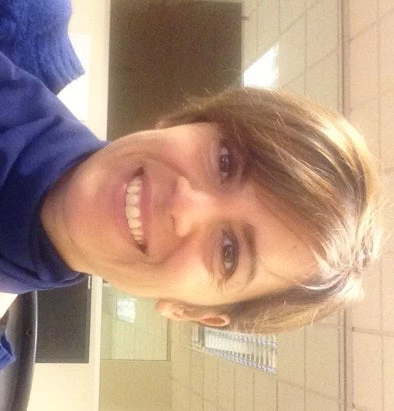What comes to mind when you think about “disability-inclusive education”?
You may start with a few questions, such as:
Are schools wheelchair accessible? Do disabled children have a chance to receive high-quality education despite being “different”? How well trained are teachers to be inclusive of children with disabilities?
Over a billion people, about 15% of the world’s population, experience some form of disability. Most of them live in developing countries. Every day, they tend to face different forms of discrimination and social exclusion. In Africa, for example, persons with disabilities face barriers in education, employment, and business.
Despite these challenges, persons with disabilities can flourish in society, as proved by the studies of Professor Tom Shakespeare from the UK’s University of East Anglia.
In this video, Professor Shakespeare shared an inspiring story about a deaf Kenyan girl who managed to advance in school even with no access to a sign language interpreter. He also talked about a successful disabled entrepreneur who completed his higher education in the hospital and – despite discrimination and zero microfinance – opened his own shop and created jobs for others.
According to Professor Shakespeare, disabled people don’t need to be a burden – they can be contributors, employers, and taxpayers. Disability-inclusive education can help persons with disabilities get there. To that end, the World Bank and USAID have created a $3 million Disability-Inclusive Education in Africa Program Trust Fund to support the social inclusion and educational participation of children with disabilities in Africa.
Watch the video for Professor Shakespeare’s insights on three questions:
- [0:20] Based on your research in Kenya, Sierra Leone, Uganda, and Zambia, what are the main challenges facing persons with disabilities in these countries?
- [1:28] How can the World Bank and other international organizations help ensure persons with disabilities are socially, economically, and politically included in daily life?
- [3:16] In your case studies, who impressed you the most in terms of overcoming stigmatization and changing their life for the better?
Related
- Overview: Disability Inclusion
- Report: Inclusion Matters
- Video blog: Disability inclusion - ensuring equal access to urban opportunities for all
- Subscribe to our Sustainable Communities newsletter and Flipboard magazine
- Follow @WBG_Cities on Twitter




Join the Conversation